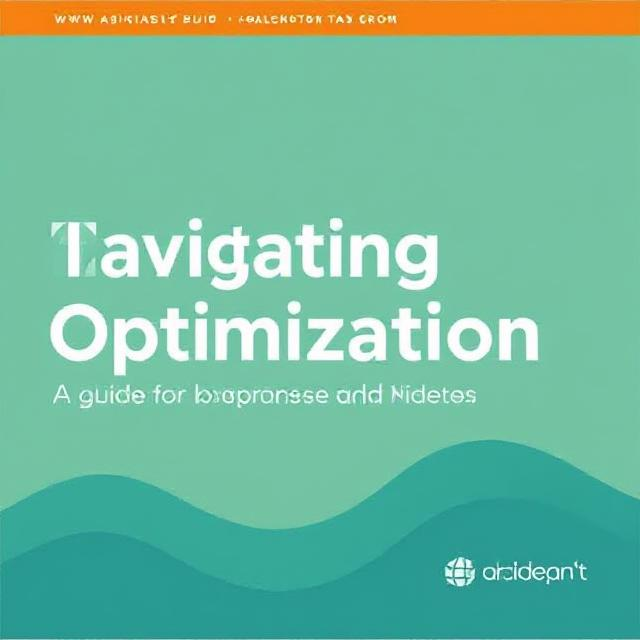Maximizing Your Earnings with Tax Optimization Strategies
Tax optimization is a crucial aspect of financial planning for both individuals and businesses. Proper tax strategies can reduce liabilities and increase the amount of money that stays in your pocket. Whether you’re a business owner looking to maximize profits or an individual aiming to minimize taxes on your income, understanding tax optimization can make a significant difference in your financial well-being.
What is Tax Optimization?
Tax optimization involves structuring your financial affairs to legally reduce your tax obligations. This might include making smart investment choices, taking advantage of tax deductions, and strategically timing the sale of assets. The goal is not to evade taxes, but rather to use legal means to minimize your tax liabilities and keep more of your earnings.
For Individuals:
As an individual, tax optimization starts with understanding which deductions and credits you qualify for. Common areas where individuals can save on taxes include:
- Retirement Contributions: Contributing to retirement accounts such as a 401(k) or an IRA allows you to lower your taxable income for the year.
- Health Savings Accounts (HSA): Contributions to an HSA are tax-deductible, and withdrawals for qualified medical expenses are tax-free.
- Tax-Efficient Investments: Certain investments, such as municipal bonds, can provide tax-free income, which helps you avoid higher taxes on your investment returns.
A tax consultant can help you structure your finances in a way that maximizes these deductions and credits, ultimately reducing your taxable income.
For Businesses:
For businesses, tax optimization involves understanding both federal and state tax laws and how they apply to your specific industry. Some strategies include:
- Deducting Business Expenses: Many business expenses, including office supplies, equipment, and salaries, are tax-deductible.
- Tax Credits and Incentives: Depending on the nature of your business, there may be various tax credits or incentives available to encourage growth and investment. For example, businesses that invest in research and development may qualify for tax credits.
- Choosing the Right Business Structure: The way your business is structured—LLC, S-Corp, or sole proprietorship—can have significant tax implications. A tax advisor can help you choose the best structure to minimize taxes.
Tax Planning for the Long Term
Effective tax planning isn’t just about reducing liabilities in the current year—it’s about building a long-term strategy. A well-structured tax plan takes into account your future financial goals, anticipated changes in income, and potential changes to tax laws. Working with a tax expert can ensure you stay on top of tax legislation changes and adjust your strategy accordingly.
The Role of a Financial Advisor in Tax Optimization
A financial advisor can guide you in creating a comprehensive tax plan that aligns with your overall financial strategy. By working together, you can ensure that your tax optimization strategies are integrated into your broader wealth-building plan.
Conclusion
Tax optimization is an essential part of effective financial management. Whether you are an individual looking to reduce your personal tax burden or a business aiming to maximize profits, implementing smart tax strategies can lead to substantial savings. At Bizelevate, our financial experts can help you navigate the complexities of tax optimization and create a strategy that maximizes your financial potential.

Leave a Reply